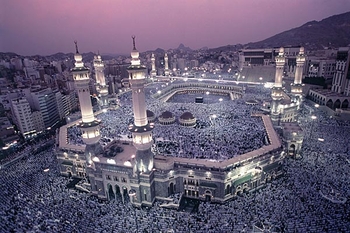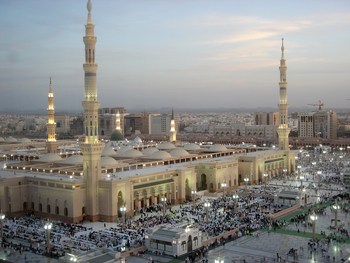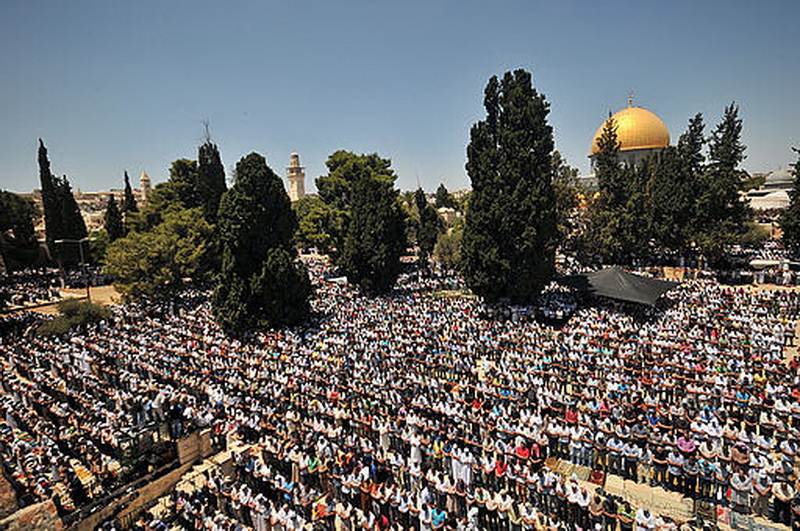Al-Jazeerah
ccun
|
Books About Islam
By Hasan El-Najjar
Book I. Islam: A Scientific View of God's Message to Humanity
1.
Islam: A Brief Introduction
2.
Three Levels of Faith: Islam, Eiman, and I'hsan
3.
The Scientific Evidence That God Exists and the Holy Qur'an Is His Message
to Humanity
4.
Creation and Evolution in the Holy Qur'an
5.
Humans, As God's Caliphs on Earth
6.
Adam's Contest With the Angels, and Getting Out of Paradise
7.
Worshippers By Choice Or Forced Slaves?
8.
The Relationship Between the Spiritual and the Physical
Aspects of Islamic Teachings
9.
Spirit, Soul, Mind, Self, Spirit, and Happiness from an Islamic Perspective
10.
Heart-Mind Relationship in the Holy Qur'an
Book II. Islam: The
Five Pillars of the Faith Structure
1.
Islamic Proclamation of Faith
3. Giving
Zakat, Charity, The Third Islamic Duty


